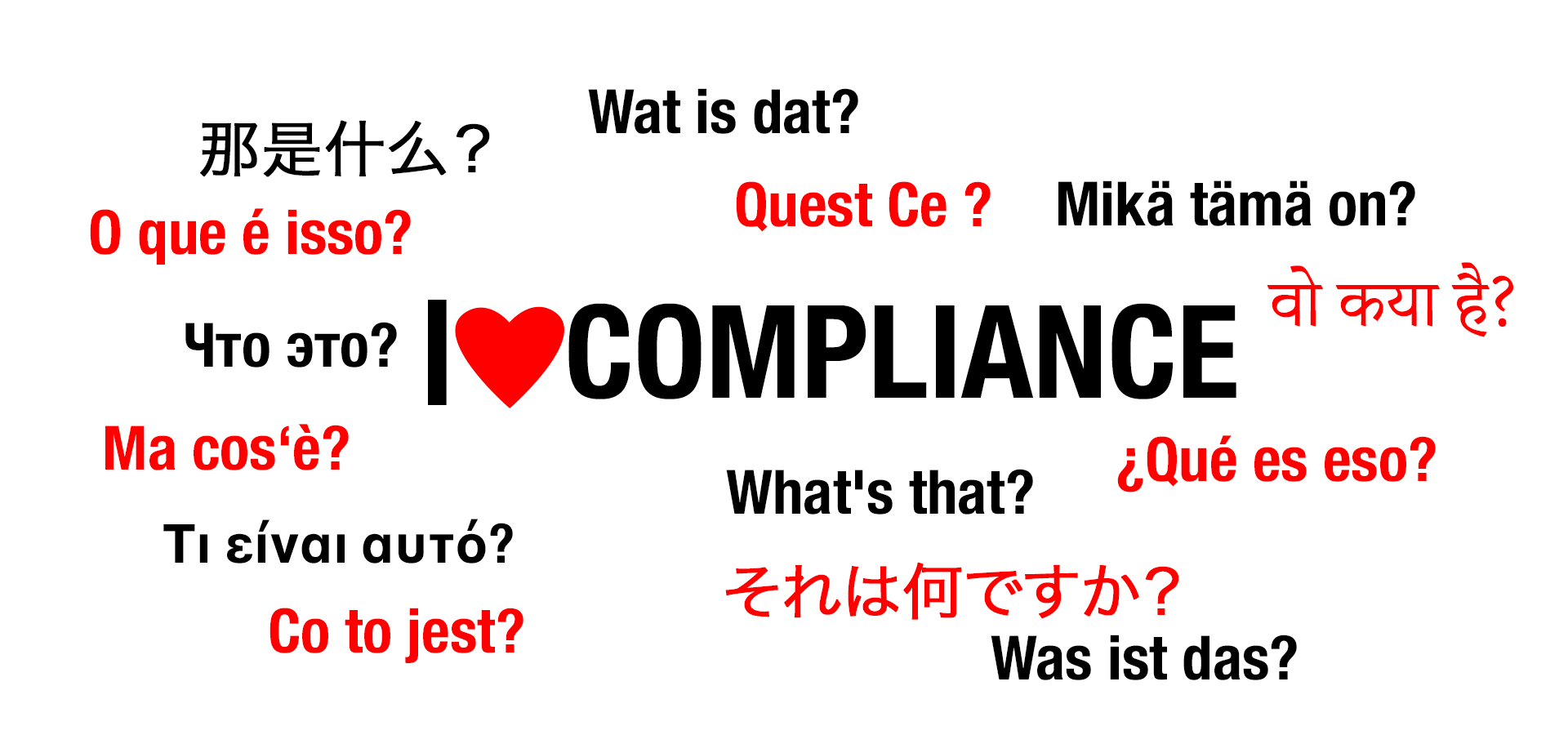
WHAT IS COMPLIANCE?
Compliance: seeds, roots and fruits
It is self-evident that Regulations are, in general, increasingly complex and require methods and standards of governance and conformity (Compliance) adequate to the Complexity Challenge.
Albeit we may feel that is a recent fact, it is not so.
We find seeds in human behavioral patterns and roots in the history of human relational activities since we have records.
Informal vs formal
It is recent, instead, the endeavor for structural formalization to develop and implement standardized definitions, practices, management principles and processes.
We should not be surprised.
Complexity relativity principle infers that is all proportionate to the knowledge, skills and means in the time, culture and personal context of the person(s) that lives the “complexity”.
Superfactorial elements of the today society require a formal approach, while informal is more than enough for simple elements.
Whichever is the level of formalization, on our opinion, decisions call to same core capacities of a human being to deal with the prescriptive nature of rules and their requirements:
- ability to deal with the contradictions of a specific situation and to assess the consequences of an action for themselves and for others
- expertise in dealing with difficult questions or situations and adaptation to complex requirements
- coordinating reasoning meta-cognitive processes affording reflection and judgment about critical matters
- acknowledging uncertainty and change, attention to context
- integrating different perspectives of a situation
So what is for us Compliance ?
Compliance is essentially the expertise in dealing with difficult questions or situations and adaptation to complex requirements, thus preventing or at least minimizing any potential negative outcome.
Compliance in practice
Compliance allows you to:
- assess of and enhanced prevention from the legal consequences of actions for yourselves and the others;
- safeguard your reputation;
- play by the rules;
- improve common well-being by a coordinated use of knowledge and experience;
- acknowledge uncertainty and change, while paying attention to context;
- balance personal, interpersonal, and institutional interests in any concrete
Compliance in action
Compliance is a progressive interactive process and the outcome of an organization fulfilling needs or expectations that are implied, voluntary or obligatory (requirements).
It needs a personal shared commitment to do the right things in the right way through the effective management of each step required to make it happen.
Compliance is the most crucial procedure for everybody to avoid or mitigate potential legal civil and criminal proceedings in most of the jurisdictions, protect its reputation, and foster its values (the fruits) .
A little bit of history.
In the early 14c. we find "to carry out, fulfill" (transitive), probably from Old French compli, past participle of complir "to accomplish, fulfill, carry out," from Vulgar Latin *complire, from Latin complere "to fill up," transferred to "fulfill, finish (a task)," from com-, here probably as an intensive prefix (see com-), + plere "to fill" (from PIE root *pele- (1) "to fill").
The Intransitive sense of "to consent, act in accordance with another's will or desire" is attested from c. 1600 and might have been influenced by ply (v.2), or perhaps it is a reintroduction from Italian, where complire had come to mean "satisfy by 'filling up' the forms of courtesy"
We find in record that around 1640s, "act of complying; disposition to yield to others," from comply + -ance. Which is related to: Compliancy.

